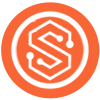6 MLOps Tools To Enhance & Automate Machine Learning Processes
As machine learning continues to revolutionize industries, the need for scalable, reliable, and automated operations becomes more crucial than ever. MLOps Tools – a set of platforms and frameworks designed to streamline the development, deployment, and monitoring of machine learning models. These solutions bridge the gap between data science and operations, making workflows more efficient and ensuring reproducibility across projects.
MLOps tools
MLflow
MLflow is an open-source platform that simplifies machine learning lifecycle management. It supports tracking experiments, packaging code into reproducible runs, and sharing models with ease. Whether you’re working with TensorFlow, PyTorch, or scikit-learn, MLflow integrates smoothly and enables team collaboration with version control and model registry features.
-
Experiment tracking and comparison.
-
Seamless integration with popular libraries.
-
Centralized model registry.
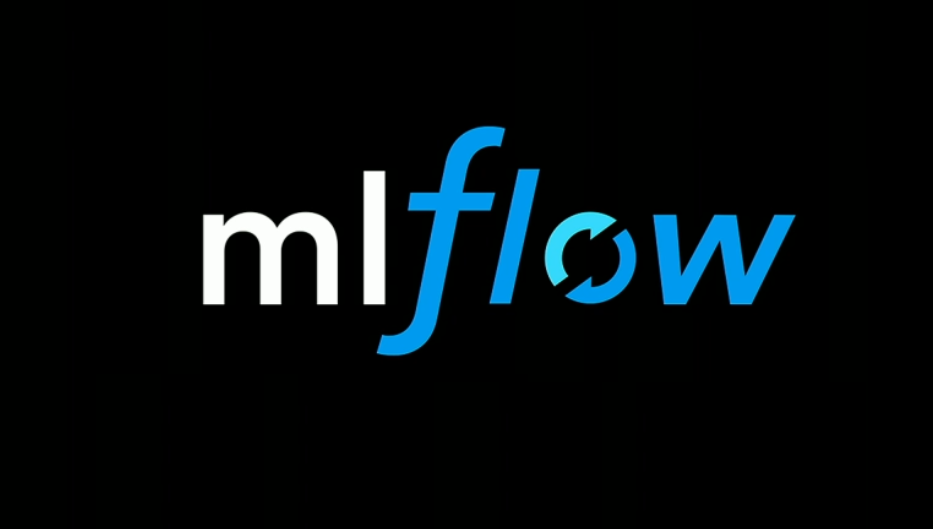
Kubeflow
Its modular architecture allows data scientists and DevOps teams to create and manage pipelines, monitor model performance, and scale operations efficiently. This tool is particularly beneficial for teams already using cloud-native infrastructure.
-
Kubernetes-native orchestration.
-
Customizable ML pipelines.
-
Scalable architecture for enterprise use.
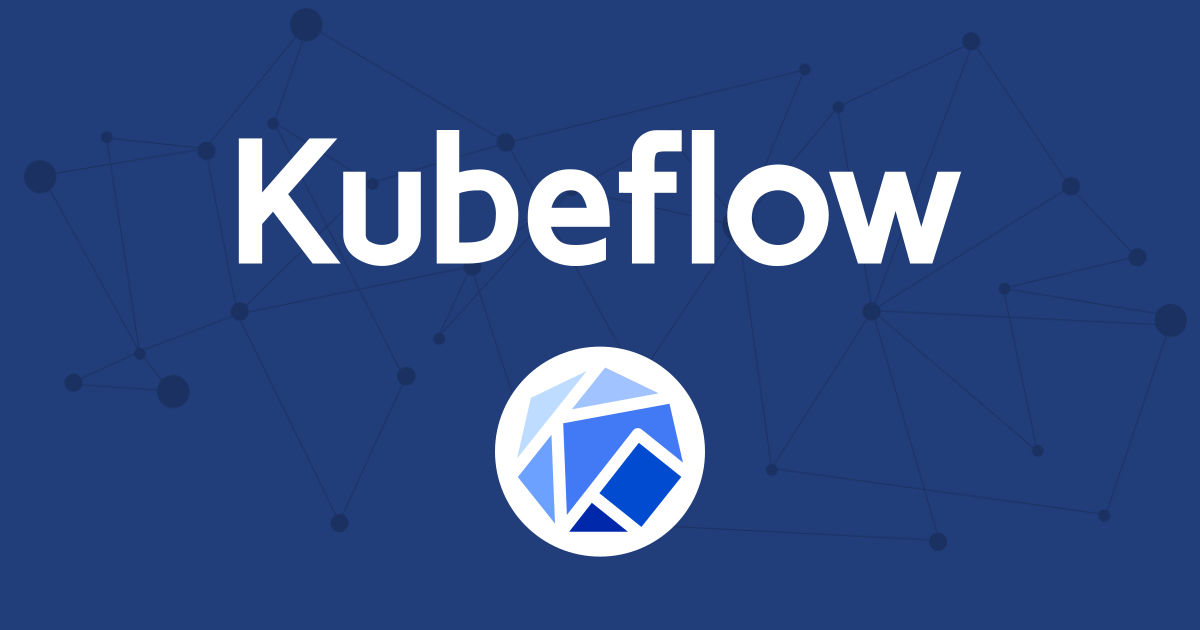
Weights & biases
Weights & Biases allows teams to monitor model performance in real-time and collaborate effectively across projects. With easy-to-integrate APIs, W&B supports logging metrics, datasets, and code snapshots, helping teams improve transparency and reproducibility.
-
Interactive dashboards.
-
Easy collaboration and report sharing.
-
Hyperparameter tuning and insights.
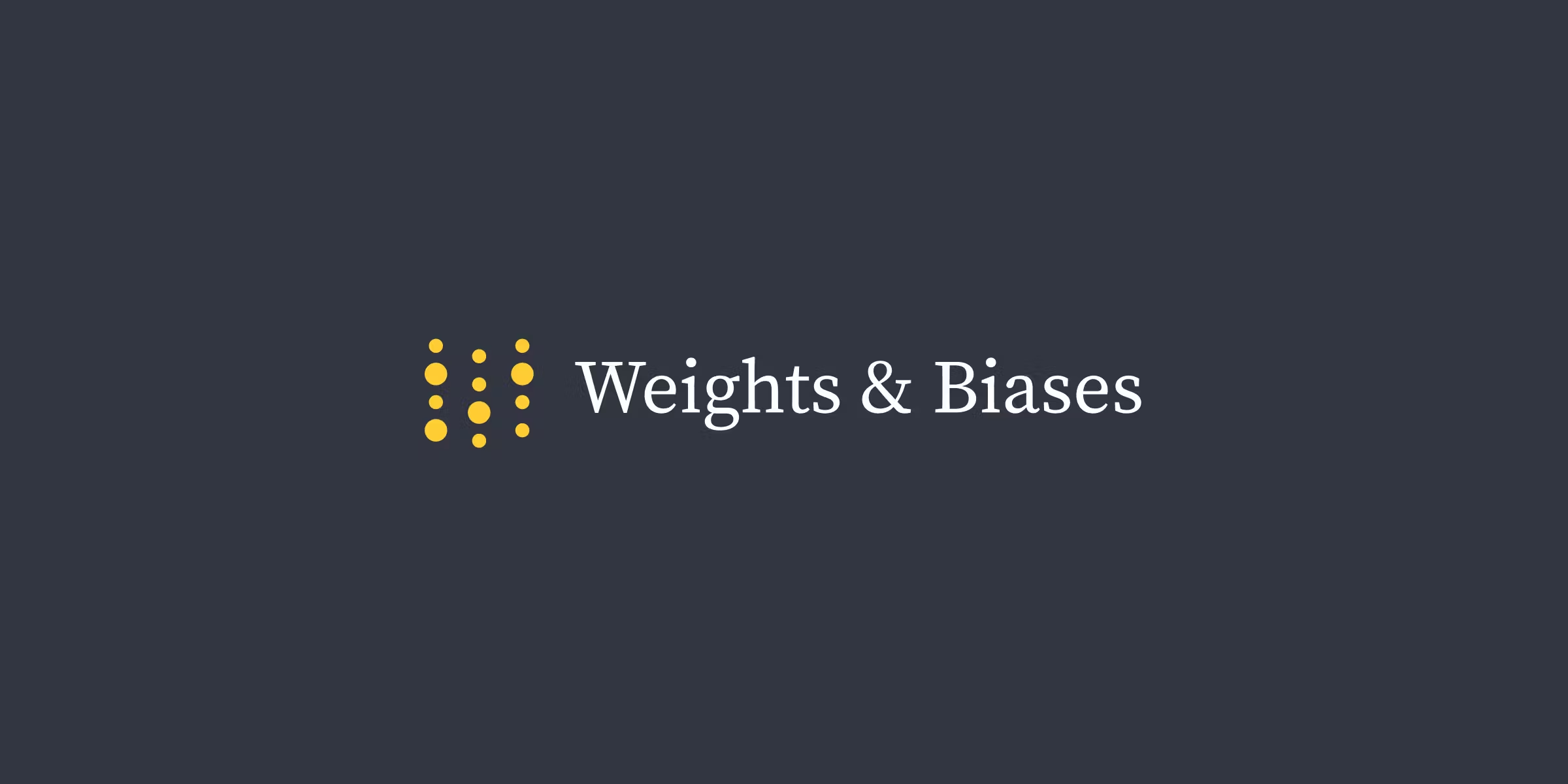
DataRobot
DataRobot is a commercial MLOps platform that automates the entire model-building and deployment process. Designed for both technical and non-technical users, it provides drag-and-drop interfaces along with advanced automation capabilities.
-
End-to-end automation.
-
Built-in compliance tools.
-
Seamless integration with enterprise systems.
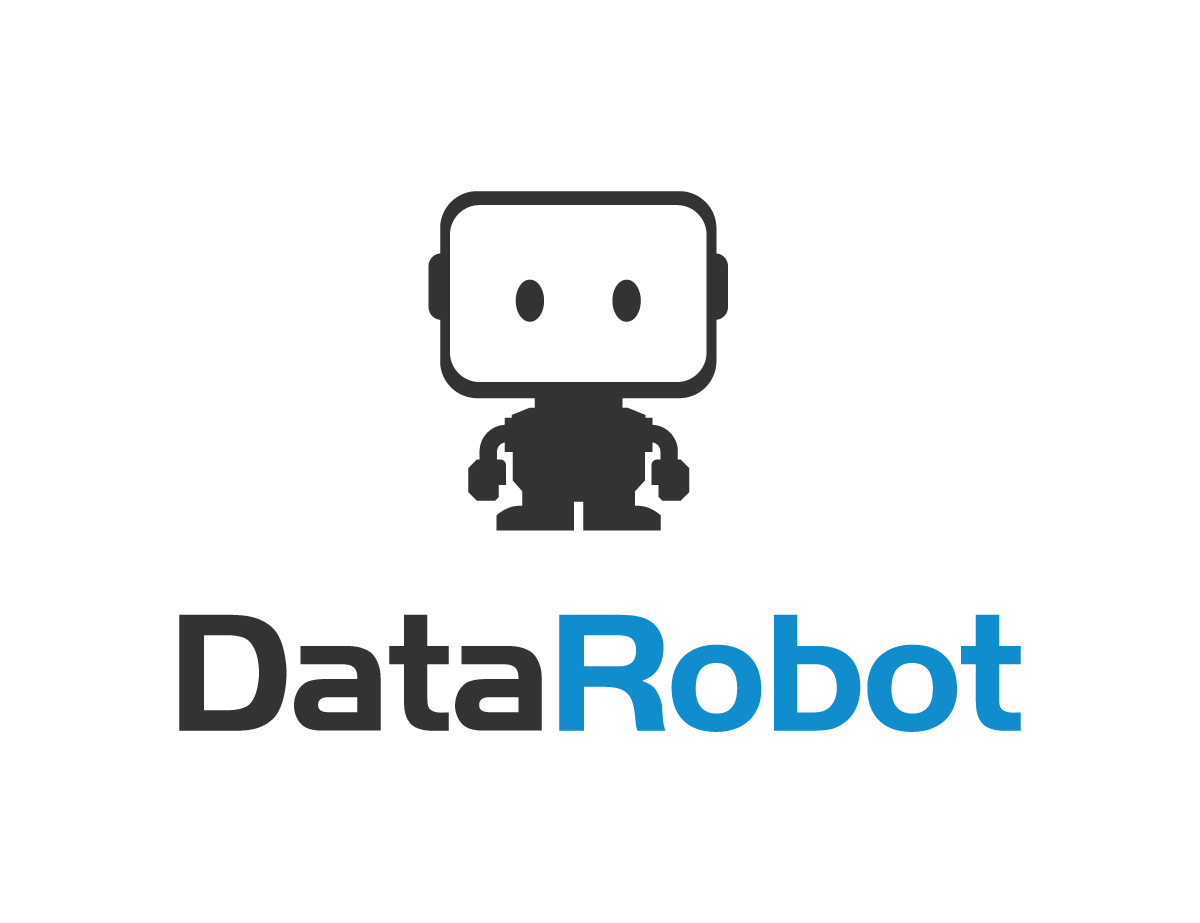
Seldon core
Seldon Core supports various frameworks and integrates with popular monitoring tools like Prometheus and Grafana, ensuring visibility into model behavior. Seldon simplifies the transition from development to production with minimal code changes.
-
Language-agnostic model deployment.
-
A/B testing and canary rollout support.
-
Advanced logging and monitoring integrations.
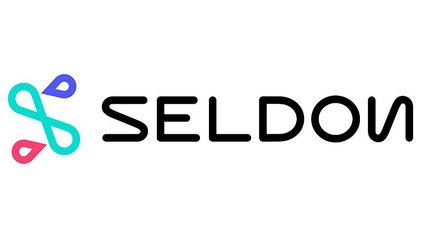
Tecton
Tecton enables teams to build, manage, and serve machine learning features consistently across training and inference environments. As a dedicated feature store, it ensures data consistency, reduces duplication, and enhances collaboration between engineering and data science teams.
-
Real-time feature engineering.
-
Scalable and consistent data pipelines.
-
Integration with major ML platforms.

Conclusion
Selecting the right MLOps Tools depends on your team’s specific needs, infrastructure, and scalability requirements. By leveraging the right platforms, businesses can unlock the true potential of their machine learning initiatives and achieve sustainable growth through operational efficiency.
